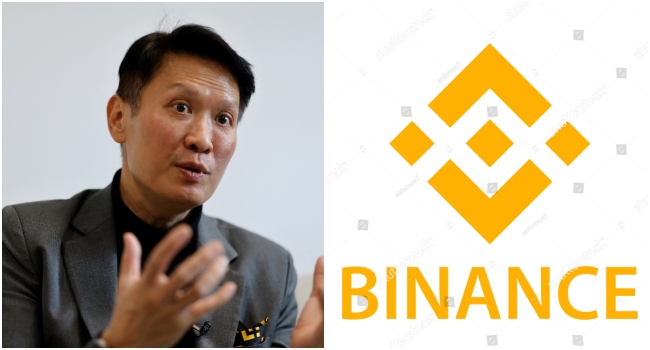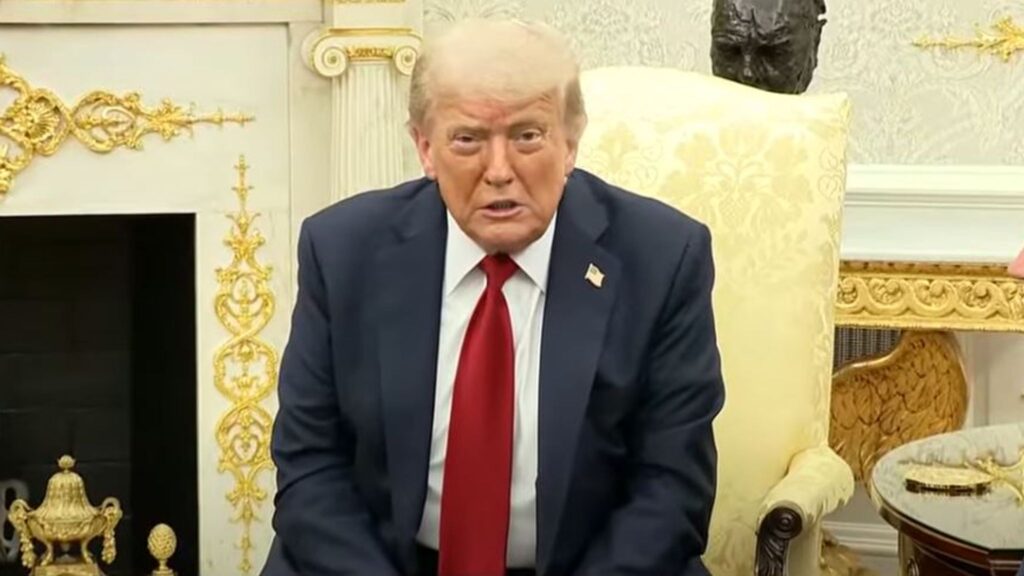Richard Teng, the newly appointed CEO of the world’s leading cryptocurrency platform, Binance, has underscored the importance of regulatory compliance for the company’s future success.
His remarks come in the wake of recent legal challenges faced by Binance, including allegations of regulatory violations and tax evasion.
The cryptocurrency giant has been grappling with regulatory scrutiny globally, particularly in the United States and Nigeria.
Earlier this year, Binance’s former CEO pleaded guilty to violating US anti-money laundering laws, resulting in a $4.3 billion settlement with US authorities.
In Nigeria, the Central Bank has raised concerns about Binance’s operations, attributing the depreciation of the naira to the platform’s activities.
A further crackdown by security authorities led to the detention of two employees, an American, Tigran Gambrayan, and a British Kenyan, Nadeem Anjarwalla,
Binance would stop all its offerings in Nigeria, particularly trades that involved the naira and the USDT stablecoin. It claimed that Nigeria was “not yet” one of its top markets, though it holds “extraordinary potential and we hope to continue to invest there.”
Teng, during an interview at a cryptocurrency conference in Paris, emphasized Binance’s commitment to regulatory compliance as a key driver of its future growth.
He acknowledged the company’s investment in compliance efforts, including the establishment of a global board of directors with independent members to ensure adherence to best practices.
“We want to make sure that compliance becomes a competitive advantage for Binance,” Teng stated, highlighting the company’s collaboration with regulators and dedication to regulatory standards.
He said Binance had spent hundreds of millions of dollars on compliance and was working very closely with regulators, including putting into place at their insistence a global board of directors with three independent directors.
“Our board of directors will become our stewards guiding us in terms of direction to go, making sure that we adopt the best practices,” Teng said.
Binance was created in 2017 and cornered much of the crypto-trading market, turning its founder and chief executive Changpeng Zhao into a billionaire.
Binance runs crypto exchanges and provides other services around the world, but it took a severe hit when crypto markets collapsed and regulators began probing the legality of its business.
The volatile industry surged in 2021 with a range of complex products and celebrity endorsements propelling it to a valuation of over $3 trillion in 2022.
A series of scandals, including the November 2022 collapse of Binance’s main rival exchange FTX and criminal charges for several industry executives, saw public confidence evaporate and investors pull their money out of crypto.
As part of a settlement reached last November with US authorities, Zhao pleaded guilty to violating US anti-money laundering laws and agreed to step down from his position. Binance agreed in February to pay $4.3 billion to settle charges.
“CZ stepped down in November last year, taking accountability and responsibility, for some of the past mistakes that we made,” Teng said, referring to Zhao, who was often referred to by his initials in the industry.
But the crypto industry has bounced back in recent months, thanks in large part to US regulators giving the go-ahead for exchange-traded funds (ETFs) in bitcoin which allow investors to trade the asset without actually opening a crypto account.
That helped Bitcoin set a record price of over $73,000 last month, recovering from below $20,000 at the beginning of 2023.
Despite recent legal challenges, Teng expressed optimism about Binance’s prospects, citing the resilience of the cryptocurrency industry.
He noted the industry’s resurgence in 2021, fueled by the approval of exchange-traded funds (ETFs) for bitcoin in the US. Teng also expressed confidence in bitcoin’s long-term potential, citing its historical performance post-halving events.
In response to recent events in Nigeria, Binance reaffirmed its commitment to collaborating with Nigerian authorities to address regulatory concerns.
The company expressed support for its employees affected by the recent crackdown and pledged to assist them and their families during the process.
”In light of recent events, we would like to showcase our dedication to promoting the responsible growth of crypto in Nigeria with some facts and numbers.
”We will continue to work with Nigerian authorities to bring our friends and colleagues home.”
”They are professionals with the highest integrity and we will provide them and their families with all the support we can.”
“We trust there will be a swift resolution to this matter,” it also read.
However, the Federal Government of Nigeria has taken legal action against Binance, alleging tax evasion and other fiscal irregularities.
The charges include non-payment of Value-Added Tax (VAT), Company Income Tax, and failure to register with tax authorities.
The charges also outlined specific instances where Binance allegedly violated tax laws, such as the failure to issue invoices for VAT purposes, thereby impeding the determination and payment of taxes by subscribers.
The government accused Binance of facilitating tax evasion by customers through its platform and failing to comply with existing tax regulations.
Binance has refuted the allegations of wrongdoing but reiterated its willingness to cooperate with Nigerian authorities to resolve the matter swiftly.



























